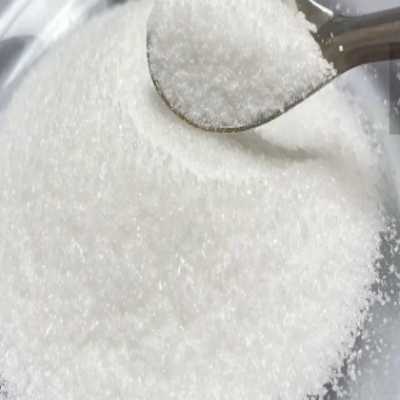Potassium sorbate is a commonly used food additive known for its antiseptic properties. As consumers become more aware of food ingredients, there has been growing concern about potential health risks associated with potassium sorbate. In this article, we explore whether potassium sorbate is harmful.
First, it’s important to understand what potassium sorbate is. Potassium sorbate is a salt of sorbic acid that occurs naturally in some fruits, such as sorbic berries. It is widely used in the food industry as a preservative to prevent the growth of fungi, yeasts and molds. Potassium sorbate is approved for use in many countries, including the United States and the European Union, where it is classified as a generally recognized as safe (GRAS) substance.
Potassium sorbate is considered safe in the recommended amounts. The US Food and Drug Administration (FDA) has set a maximum level of 0.1% for the use of potassium sorbate in food. This means that manufacturers must adhere to this limit to ensure the safety of consumers. It’s worth noting, however, that the FDA has not established an acceptable daily intake (ADI) for potassium sorbate, as potassium sorbate consumption in moderate amounts does not pose significant health risks.
Research shows that potassium sorbate is generally well tolerated by the body. The Joint FAO/WHO Expert Committee on Food Additives (JECFA) conducted a comprehensive evaluation of potassium sorbate and concluded that it is safe for human consumption when used as a food preservative. The committee reviewed various studies, including animal toxicity studies, and found no evidence of adverse health effects.
However, some concerns have been raised about the potential side effects of potassium sorbate. Some people may experience an allergic reaction, such as a rash or respiratory problems, when exposed to potassium sorbate. These reactions are relatively rare but may occur in sensitive individuals. We always recommend that you consult a healthcare professional if you suspect an allergic reaction.
Another concern is the potential for potassium sorbate to interact with other substances. Potassium sorbate has been suggested to produce benzene, a known carcinogen, when combined with certain food additives such as benzoic acid. However, it is important to note that the formation of benzene is more likely to occur under certain conditions, such as exposure to heat and light. Manufacturers formulate foods with this in mind and strictly control the levels of potassium sorbate and benzoic acid.
In conclusion, potassium sorbate is safe when consumed in recommended amounts. When used as a food preservative, it helps extend the shelf life of products and prevents the growth of harmful microorganisms. While some people may experience an allergic reaction, this is relatively rare. It is always important to consume food additives such as potassium sorbate in moderation within recommended guidelines. As with any food ingredient, it is best to consult a healthcare professional if you have any concerns or experience any adverse reactions.
Welcome to contact us for more detail.
Website: https://www.huayancollagen.com/
Contact us: hainanhuayan@china-collagen.com sales@china-collagen.com food99@fipharm.com
Post time: Jun-19-2023





